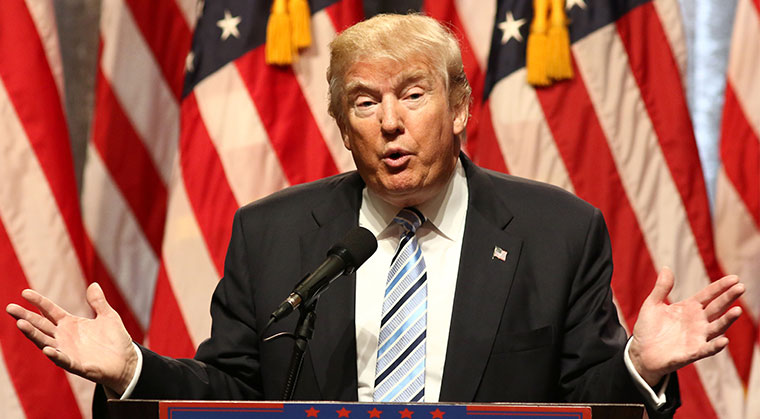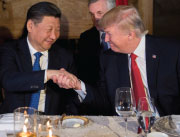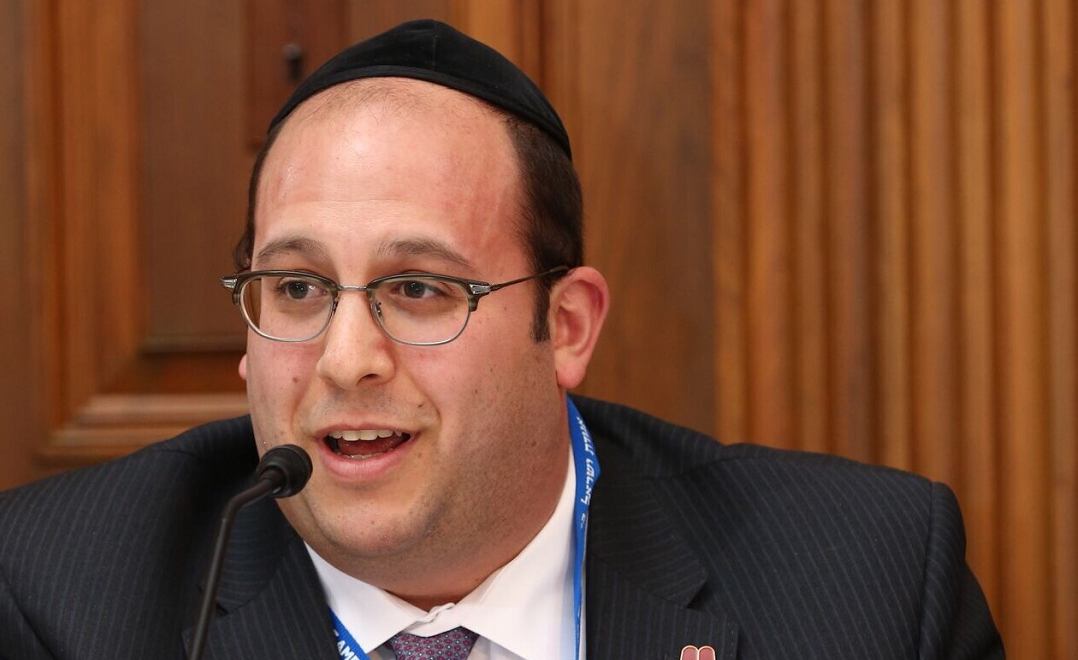The Next 100 Days


PROMISES PROMISES Trump is supremely confident in his deal-making abilities but convincing 270 House members and 50 to 60 senators to play ball with you requires a different type of leverage than what Trump is used to in the real estate business. To solidify his rule he must unify and not divide Republicans (Photos: AFP Imagebank)
A s the end of his first 100 days in office approached President Trump lashed out at — who else? — the media by offering two opposing narratives. After a good day at the Oval Office Trump said he had done more than any other US president in his first 100 days. On a different bad day he said the whole 100-day concept is outdated and overrated.
Trump is correct in the sense that measuring presidential performance by its first 100 days is not enshrined in the Constitution. It’s a 20th-century invention first invoked in 1933 when Franklin Delano Roosevelt took the oath of office at the height of the Great Depression. Backed by the tailwind of a three-to-one Democratic majority in the House and a 23-seat Senate majority he pushed 15 major bills and a total of 73 laws through Congress in his first 100 days resuscitating an economy bedeviled by high unemployment widespread mortgage defaults and bank failures.
On the other hand having made his fame and fortune in the corporate world Trump should know better than most that any senior manager is subject to a trial period. Michael Watkins a Harvard professor wrote the book on that in his 2012 bestseller: The First 90 Days Updated and Expanded: Proven Strategies for Getting Up to Speed Faster and Smarter.
“The president of the United States gets 100 days to prove himself. You get 90 ” wrote Watkins.
All leaders are extremely vulnerable in their first months in a new position mainly because they lack both detailed knowledge about the nature of the challenges they face and the requisite support network of relationships and orderly processes. Watkins warned that failure to create momentum in the first three months of a new job ensures a constant struggle throughout the term in office while building trust and achieving some success early on lays the foundations for long term success. President Trump has struggled to pass the first benchmark but has shown promise with some early winners.
His two major losses — on immigration and healthcare — can clearly be traced to his failure to quickly grasp process and how the two coequal branches of government the judiciary and the legislature can and do throw their weight around.
On the other hand he has clearly built trust and achieved some early successes mainly in the defense and foreign policy spheres rapidly restoring American military deterrence with attacks on Syria and ISIS. He has displayed versatility in foreign policy challenging Russia rewarming ties with Israel using a charm offensive on Chinese President Xi Jinping while keeping rogue nations such as North Korea and Iran off balance.

If Trump wants to advance to higher stages he would be better off developing a long-term strategy with Israel and Iran’s other Middle Eastern rivals and enemies that would force Teheran back on its heels
So much for the first 100 days. What’s in store for the next 100 days and beyond? It’s not easy to get any real traction on this because of the intense opposition that Trump faces daily in the mainstream media — a tension he inflames with incessant tweets and his occasional insistence in labeling legitimate criticism as fake news.
Taking a forward look requires careful treading says Yahel Arnon a senior research fellow at the Institute for National Security Affairs at Tel Aviv University and a top analyst in Israel’s intelligence community.
Arnon draws on a groundbreaking study conducted in the 1940s by American researcher Bertha Reynolds who designed a five-stage model to describe a new leader’s learning curve. While Reynolds’ model was intended for social workers like herself its conclusions were applied to the field of management and accepted as a standard measurement tool.
“If we rush to examine the Trump administration during its first few months to assess its future actions we would do well to identify the stage the administration has reached in the empirical process of starting a new job ” Arnon writes. “Any study of the administration’s current behavior must take into account the possibility that what we are seeing now will not necessarily reflect the future picture.” (Excerpted from Mishpacha Issue 658)
Oops! We could not locate your form.







